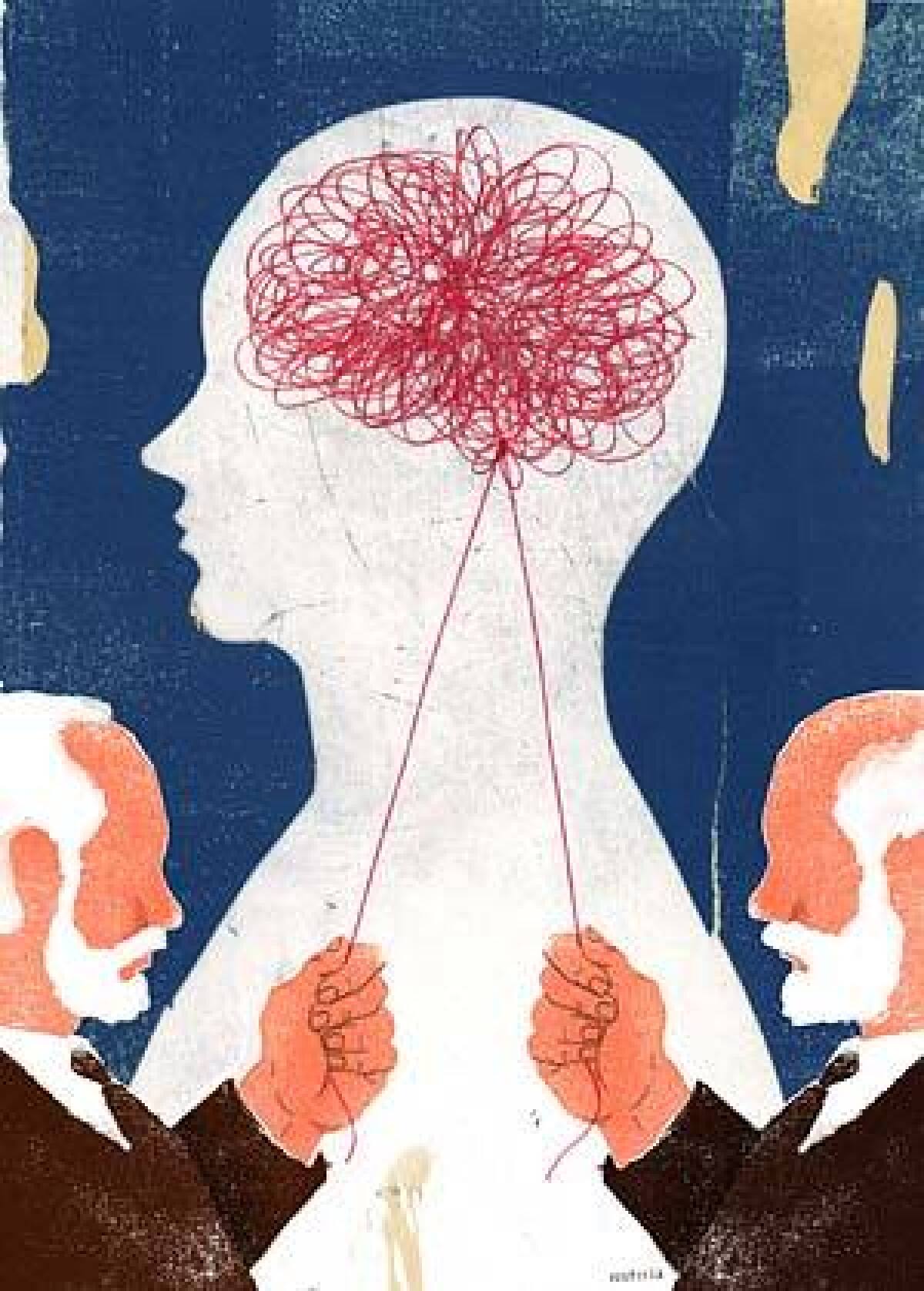Whose stamp of approval?

To bring more science to psychotherapy, some psychologists endorse a new accreditation system that would effectively call “Time’s up!” on clinical programs it feels devalue science.
To enter practice, aspiring clinical psychologists must first attain a doctoral-level degree from an accredited institution. The accrediting body governed by the American Psychological Assn. is widely considered the field’s standard, though state licensing boards vary in terms of which accreditation system they recognize. ( California’s Board of Psychology abides by the Western Assn. of Schools and Colleges.)
But proponents of the new system (called the Psychological Clinical Science Accreditation System) say the American Psychological Assn.’s criteria are too lenient, accrediting too many programs that emphasize hours a student spends practicing therapy, regardless of treatment method.
They suggest, instead, accrediting programs that teach students “interventions that have a sound research base,” such as cognitive behavioral therapy, says Timothy Baker, lead author of a November report that champions this new system.
Susan F. Zlotlow, director of the American Psychological Assn.’s office of program consultation and accreditation, says the job of an accrediting body is to ensure the basic competence of entry-level practitioners, and the current system does just that.
Meanwhile, several critics of the new system say it would seek to overhaul mental health care without any evidence that therapists who trained in research-oriented programs (typically PhD) are more effective clinicians than those who trained in professional schools (typically PsyD).
The chief challenge faced by the new system is how it would permit graduation of enough practitioners to satisfy the growing demand for mental health care, says Stanley B. Messer, dean of the Rutgers Graduate School of Applied and Professional Psychology.
The evaluating committee for the new accreditation system has already received applications, Baker says. But even if it takes off, it could be years before states accept its graduates as eligible for licensure.



